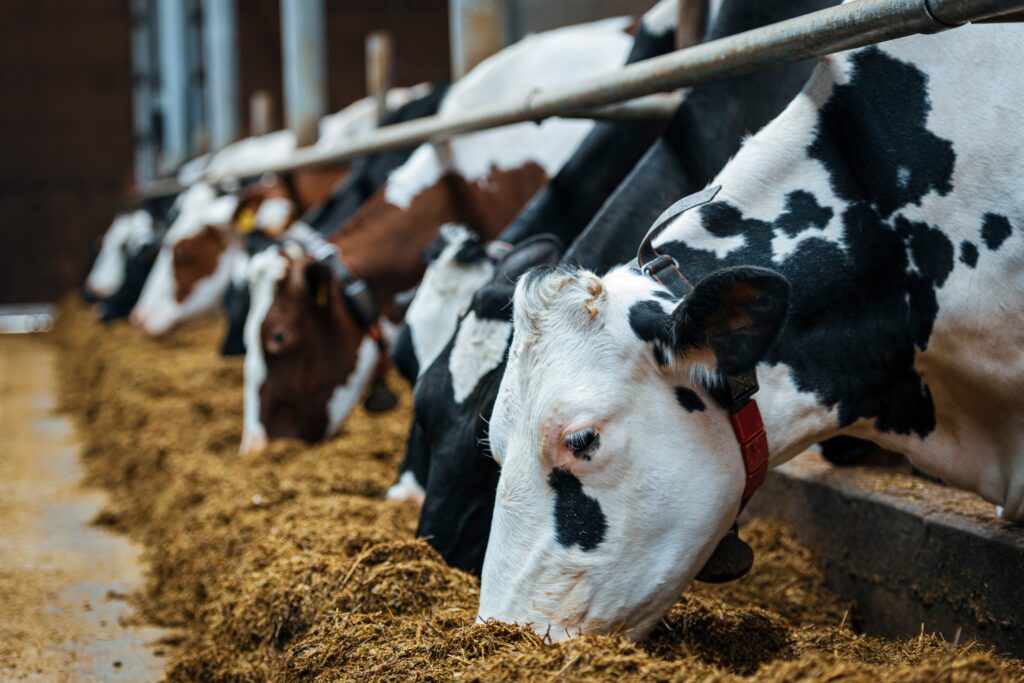
Abstract This article addresses an important theme from the literature on animal agriculture sustainability, which is concerned with a shift to a cyclical approach to livestock rearing. Against this backdrop, the present paper questions the fundamental questions concerning the potential transition to a more circular animal production system. The Political Dimensions of Addressing Sustainability Management on Animal Farms The Transition to a Circular Economy is likely to be hindered by market failures, requiring policy responses. Strategies including incentives to produce and consume sustainable plant-based foods, prohibitions on the overuse of natural resources for production, and funding of conservation farming technologies are needed to tackle environmental impacts from the current food system.
The role of animal sectors in contributing to circular food systems is critical and can be either indirect or direct. Policies aimed at expediting the ecologically sound production of plant foods have emerged at the federal, state, and municipal levels over recent years. Several U.S. federal programs have neither discussed the benefits of sustainable plant-based foods nor the environmental problems posed by the current dependence on animal products.
Simply increasing production sustainably is insufficient to satisfy the global demand for food. Quantitatively, there is now enough food for all of the world, both in terms of protein and quantity [We concur with those intuitions, and that social aspects are also crucial for circularity, especially if government organizations, as is happening with the Dutch government, are proposing the central concept of circularity for agriculture development. We know that cultural and economic aspects are also significant for resilience and circularity.
Some have estimated that meeting the future demand for animal protein using the present feed sources may require an extra 280 million hectares of land by 2030. This land, if available, will also face increased competition from other uses, such as food production directly for humans, conserving or improving wildlife, producing biomass, carbon sequestration, or managing water quality. Some argue that an emphasis on ecosystems is also prevalent in the broader sustainability field.
Drawing on debates on the role of corporations in global environmental governance, this paper explores the growth of the circular economy as the dominant concept in corporate sustainability, with particular attention to a leading case study on a plastics-based circular economy. The paper begins by briefly reviewing global literature in environmental politics about the role of corporations in sustainability governance. Next, the article contextualizes the circular economy concept within those debates, showing how circular economy discourses are distinct from other lessons on sustainability, with policy implications about how complex environmental problems can be addressed.
In its circular feeding report to the animal agriculture industry, the organization contends that domestic animals have historically survived by eating the leftovers from foods humans did not consume. They argue that circular animal feed, which seeks to minimize food waste to the extent possible while maximizing the use of byproducts when feeding livestock, may be better for the planet. Efforts to improve the situation are already underway, including a partnership between IFEEDER and the World Wildlife Fund, which views improving circularity and ecological metrics as a way of showing consumers what a truly sustainable food system could look like.